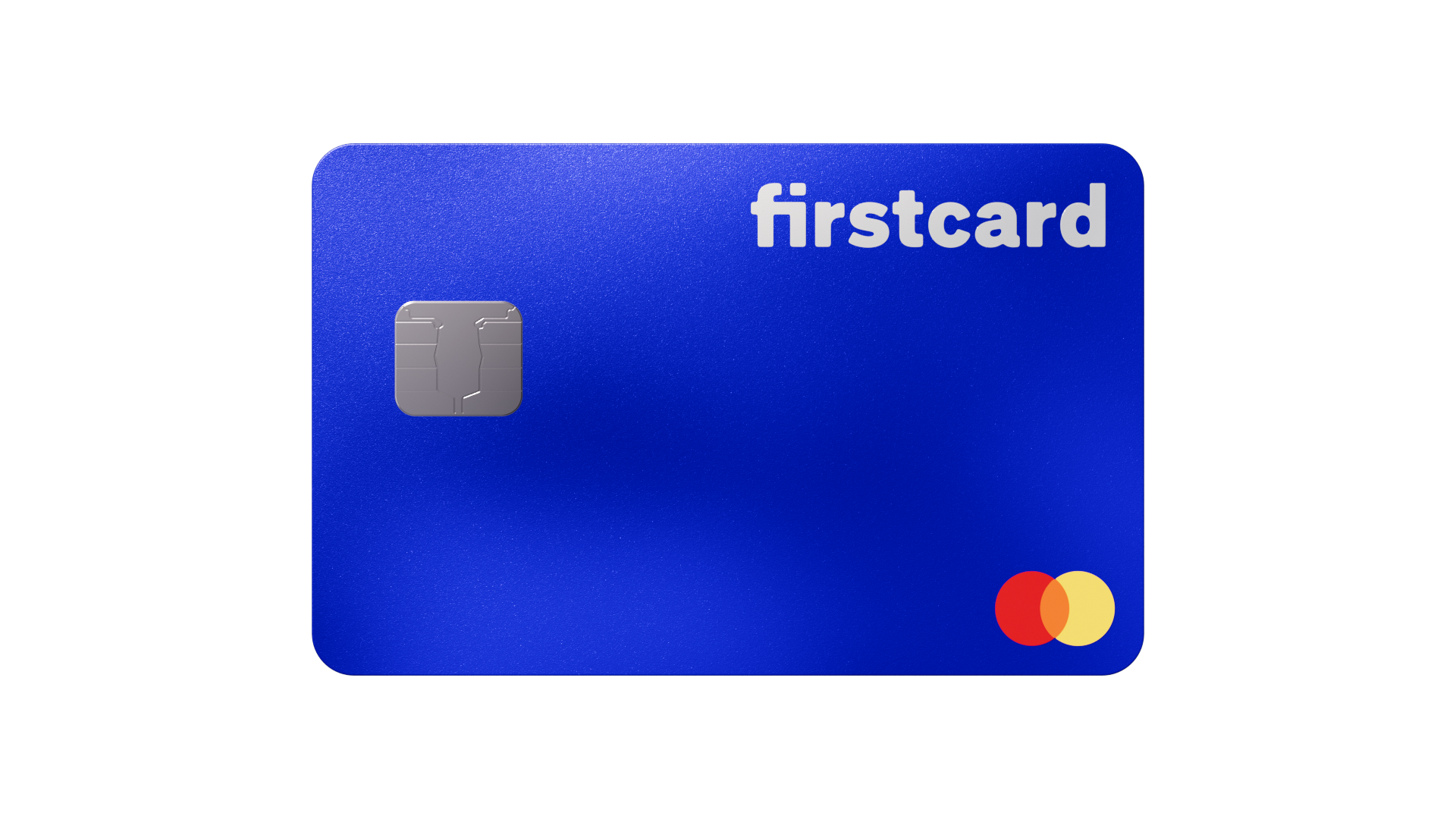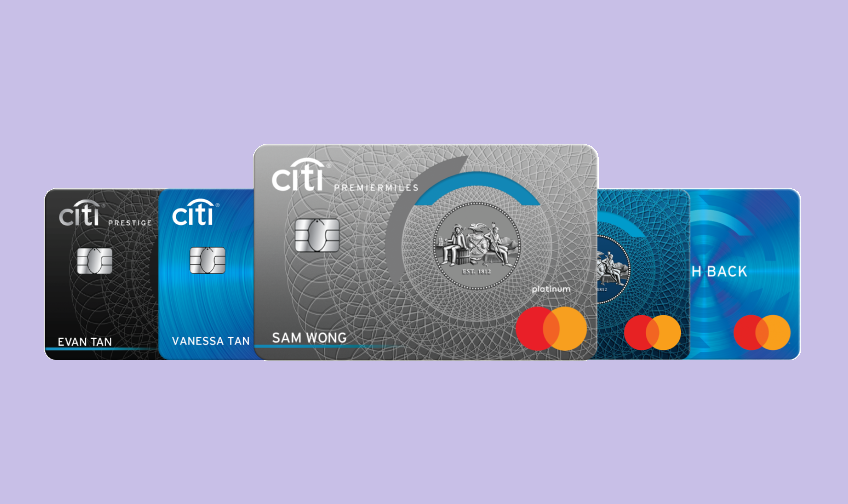Credit Cards for Beginners: How to Build Solid Credit from the Start

The Financial Gateway of Credit Cards
For many Americans, the journey into personal finance often starts with a credit card. These financial tools can unlock numerous opportunities, but navigating the world of credit can be overwhelming, especially for those new to the process. Understanding how credit cards function and the benefits they provide can pave the way for a secure financial future.
Getting started on the right foot can lead to building a strong credit history. Here are some key benefits of using credit cards wisely:
- Establish Credit History: A positive credit history is essential for future loans, mortgages, and even rental agreements. Credit bureaus evaluate your payment history, the amount of credit you use, and the length of your credit accounts. For example, many landlords assess credit scores before renting out properties, making a good credit history vital in securing housing.
- Earn Rewards: Many credit cards offer cash back, travel rewards, or points that can be redeemed for various perks. For instance, a common scenario is using a travel rewards card which allows you to earn points that can be converted into flight discounts or hotel stays. This can be particularly beneficial for frequent travelers looking to maximize every dollar spent.
- Emergency Funds: Having a credit card provides a safety net for unexpected expenses. Whether it’s an urgent car repair or a sudden medical expense, having accessible credit can prevent financial strain and allow you to handle emergencies without derailing your budget.
However, it’s crucial to approach credit responsibly. Mismanagement can lead to debt and a damaged credit score, complicating your financial future. To successfully build credit, consider these fundamental strategies:
- Choose the Right Card: Look for beginner-friendly credit cards with low fees and manageable interest rates. Some cards also offer introductory periods with 0% APR, making it more feasible to manage purchases without incurring interest initially.
- Make Timely Payments: Consistent, on-time payments enhance your credit score significantly. Setting up automatic payments or reminders can help ensure that important due dates are not missed, thus preserving your credit score.
- Maintain Low Balances: Using only a small percentage of your credit limit can improve your credit utilization ratio. For example, if you have a $1,000 credit limit, try to keep your balance below 30%, or ideally at 10%, to optimize credit scoring.
Armed with the right information and strategies, you can effectively build solid credit from the start. A good credit score can lead to lower interest rates on loans, better insurance premiums, and even job opportunities in certain fields. By understanding the details and implications of credit cards, you empower yourself to make informed financial decisions. Dive deeper into the world of credit cards to harness their potential for your financial journey, and consider seeking additional resources or guidance as you navigate this important aspect of personal finance.
DIVE DEEPER: Click here to uncover more insights
Understanding Credit Card Basics
Before diving into the world of credit cards, it’s vital to grasp their core principles. Credit cards are not merely tools for making purchases; they represent a borrowing agreement between you and the lender. While it may feel daunting, becoming familiar with the terminology and elements of credit cards will empower you to make astute financial decisions that can benefit your credit score in the long run.
At their essence, credit cards consist of several key components:
- Credit Limit: This is the maximum amount you can borrow on your card. Beginners typically start with lower limits, which can be gradually increased as you demonstrate responsible usage.
- Interest Rate (APR): The annual percentage rate or APR is crucial for understanding how interest accrues on your outstanding balance. Many cards offer an introductory 0% APR on purchases for a specified period, providing a great opportunity for new cardholders to manage expenses without immediate interest.
- Fees: Be aware of potential fees such as annual fees, late payment fees, and cash advance fees. Familiarizing yourself with these charges can help you avoid unnecessary financial pitfalls.
- Rewards Program: Many credit cards come with incentives, such as cash back, travel points, or discounts on selected retailers. Understanding how to make the most of these rewards can enhance your overall experience.
Once you have a grasp of these components, it’s time to consider your credit card usage habits. How you use credit influences your credit score, which is a numerical representation of your creditworthiness. Credit scores typically range from 300 to 850, with scores above 700 considered good. Here’s how your credit card activity affects your score:
- Payment History: Your payment history accounts for about 35% of your credit score. Late payments or defaults can severely dent your score, so focus on punctuality.
- Credit Utilization Ratio: This ratio measures the amount of credit you’re using compared to your available credit limit. Keeping your utilization below 30% demonstrates sound credit management, while ideally targeting 10% can give your score an extra boost.
- Credit Mix: Having a diverse range of credit types can also contribute positively to your score. As you grow more comfortable with credit cards, consider a mix of installment loans and credit cards.
Understanding these elements is pivotal as you embark on your journey to building solid credit. Regularly monitoring your credit score and remaining aware of its fluctuations can lead to smarter financial choices. Many banks and credit card providers offer free access to your credit score along with educational resources that can guide you further. By taking the time to learn and engage with your credit journey, you can unlock greater financial opportunities, whether that means qualifying for favorable loan rates or obtaining your dream home.
DISCOVER MORE: Click here for details
Choosing the Right Credit Card
With a foundational understanding of credit cards in place, your next step is selecting the right card that aligns with your financial goals. Not all credit cards are created equal, and making an informed choice can significantly impact your credit-building journey. Here are some effective strategies to help you navigate the options:
- Secured vs. Unsecured Cards: As a beginner, you might encounter secured credit cards, which require a cash deposit that acts as your credit limit. These cards are excellent for individuals looking to establish credit history without existing scores. Unsecured cards, on the other hand, do not require a deposit but may have higher interest rates. Consider your financial situation when deciding which type to apply for.
- Consider Your Spending Habits: Analyze your daily expenses and determine what types of rewards will be most beneficial. If you frequently dine out or travel, select a card that offers lucrative cash back or travel points in those categories. Understanding how your spending aligns with a card’s rewards can maximize your benefits.
- Low Fees: Pay close attention to the fee structures of potential cards. Many beginners can be surprised by annual fees, foreign transaction fees, or other hidden charges. Opt for cards that have minimal or no fees, allowing you to save more money while building your credit.
- Promotional Offers: Credit card companies often provide enticing sign-up bonuses for new members. Some cards offer cash back or bonus points after you spend a certain amount within the first few months. Such promotions can be advantageous in your credit-building effort, but ensure that the card aligns with your financial habits beyond the initial offer.
Responsible Credit Card Management
Once you’ve selected a credit card, responsible management becomes essential. Engaging with your credit card in a measured and thoughtful manner plays a critical role in establishing a solid credit footprint. Here are some key practices to follow:
- Pay Your Balance in Full: Avoid accruing interest charges by paying off your balance completely each month. This habit not only helps you dodge fees but also reflects positively on your payment history, which influences your credit score significantly.
- Stay Within Your Limit: Keeping your spending within your credit limit is crucial. Exceeding your limit can lead to fees and might harm your credit utilization ratio. Aim to use no more than 30% of your available credit to maintain a healthy credit score.
- Set Up Automatic Payments: Setting up automatic payments for at least the minimum amount due ensures you never miss a payment. This strategy can mitigate any negative impact on your credit score, while also simplifying your financial management.
- Regularly Monitor Your Credit Report: Keeping an eye on your credit report is important for tracking your progress and identifying any discrepancies or fraudulent activities. Utilize services that provide free access to your report and address any issues swiftly to maintain a good standing.
As you embark on this credit-building journey, it’s essential to engage in continuous learning. Resources such as financial blogs, credit counseling services, and educational videos can offer valuable insights and updated information on credit management practices. By being proactive and informed, you can lay a strong foundation for a positive credit history that unlocks financial opportunities in the future.
DISCOVER MORE: Click here to learn how to apply easily
Final Thoughts on Building Your Credit Journey
Navigating the world of credit cards as a beginner can seem daunting, but with the right approach, you can set yourself up for success. Establishing a solid credit history is an invaluable step towards achieving your financial goals, from obtaining favorable loan terms to securing rental agreements. Remember that selecting the right credit card tailored to your needs is the first crucial step in this journey. Whether you choose a secured card to build your foundation or an unsecured card to reap rewards, aligning your choice with your spending habits can lead to significant benefits.
Once you have your card, responsible management is paramount. Maintaining a habit of paying your balance in full each month, staying within your credit limit, and setting up automatic payments can transform how creditors view you. Additionally, being proactive by monitoring your credit report for updates or errors ensures that you stay informed about your credit standing.
As you continue to build your credit, don’t hesitate to seek out resources and educational tools that can enhance your understanding of financial management. From credit counseling services to financial blogs, these resources can provide insights and strategies that keep you on the right path. Ultimately, by committing to these practices, you will discover that building solid credit opens doors to better financial opportunities, paving the way for a brighter future.


